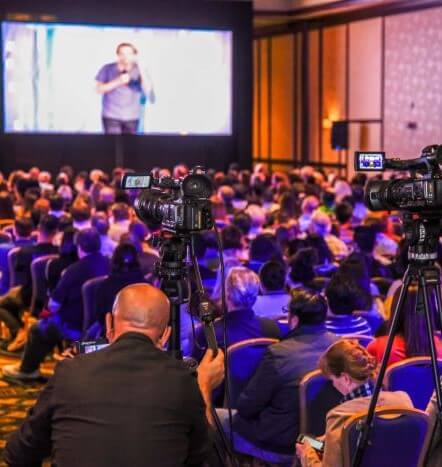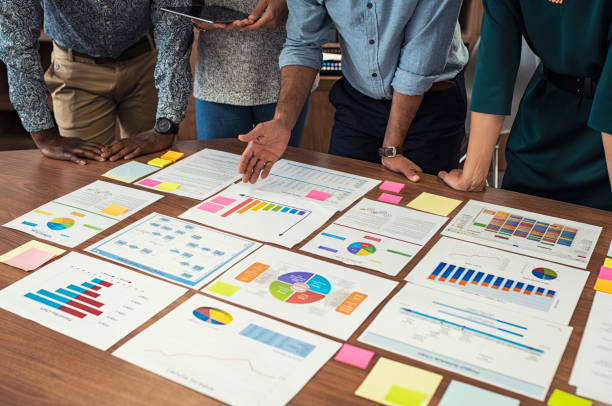
In today’s data-driven world, understanding and analyzing the data from your events is crucial for improving strategy and maximizing ROI. Whether you're organizing virtual, hybrid, or in-person events, using data analytics is a game-changer in optimizing attendee experiences, boosting engagement, and fine-tuning your overall event strategy.
At Cool Cactus Events, we believe that data isn’t just about numbers — it’s about understanding the story behind those numbers. By leveraging powerful insights, we can design events that cater to your audience's preferences and deliver exceptional results. Here’s how you can use data analytics to elevate your event strategy.
1. Understand Your Audience’s Behavior
One of the most significant advantages of using data analytics for events is the ability to understand your audience on a deeper level. By analyzing participant behavior, you can make informed decisions on how to tailor your content, improve engagement, and optimize the attendee journey.
Registration Data: Analyzing registration data (demographics, job titles, locations, etc.) helps you segment your audience and create targeted messaging before the event even begins.
Engagement Metrics: Track which sessions, speakers, or content types resonate the most with your attendees. Are people dropping off early? Are they most engaged during a specific speaker or session type? These insights will help you refine future events and focus on what your audience cares about.
Audience Feedback: Post-event surveys and feedback forms are powerful tools for gathering qualitative data. Use this data to assess satisfaction levels and understand your audience’s perception of the event, allowing you to continuously improve.
2. Optimizing Content for Maximum Impact
Data analytics can be used to track which content is most effective during your event, guiding future content creation and delivery.
Session Performance: Track metrics like average watch time, drop-off rates, and click-through rates for different sessions. This helps you understand what resonates with attendees and which topics or formats require improvement.
Content Popularity: For hybrid or virtual events, use analytics tools to monitor which downloadable resources, videos, or other content formats your attendees engage with the most. This data can shape your content creation strategy for future events and ensure you’re delivering high-value material that truly interests your audience.
Interactive Features: Whether it's a live poll, chat feature, or Q&A session, use analytics to understand how your interactive elements are being utilized. By tracking these interactions, you can determine which activities are enhancing the attendee experience and adjust your strategy accordingly.
3. Personalize the Event Experience
The more personalized your event feels, the more likely attendees will remain engaged. Data analytics can provide valuable insights into attendee preferences, behaviors, and needs, which you can use to customize the event experience.
Customized Agendas: By analyzing attendee interests or past behaviors, you can recommend specific sessions or speakers tailored to each individual’s preferences. This creates a more personalized experience and ensures that your attendees are getting the most out of your event.
Real-Time Adjustments: Analytics also enables you to make real-time adjustments. For example, if a particular session is seeing high drop-off rates, you can adjust the content or format on the fly to re-engage the audience.
Post-Event Follow-Up: Using attendee data from the event, you can send personalized follow-up emails with content they are likely to find valuable. This keeps the conversation going and enhances the post-event experience.
4. Measure and Improve Event ROI
Event success isn’t just about attendee satisfaction; it’s also about meeting your business objectives. Data analytics is essential for measuring the return on investment (ROI) of your events and identifying areas for improvement.
Lead Generation Metrics: For corporate events, one key ROI metric is the number of leads generated. Track which sessions, booths, or exhibitors drove the most interest or resulted in conversions to ensure your event strategy aligns with business goals.
Engagement vs. Cost: Track engagement levels against the cost of the event. Are the interactive elements and extra engagement strategies driving results? Are there areas where you can streamline processes and reduce costs without sacrificing attendee satisfaction?
Sponsor Performance: For sponsored events, use data to show sponsors exactly how their involvement is driving value. Analyze metrics such as booth visits, session views, and lead conversions to provide them with actionable insights.
5. Forecast Future Event Success
One of the most powerful ways data analytics can enhance your event strategy is through forecasting. By analyzing past events and attendee trends, you can predict future outcomes and optimize your event planning process.
Trends & Patterns: Over time, data reveals patterns that can guide future event decisions. Are your attendees more likely to engage with a certain type of content at specific times of the day? Do certain topics generate more buzz or interaction than others?
Budget Allocation: Data can also help forecast where to allocate your budget for maximum impact. Whether it’s investing in specific technologies, interactive features, or higher-quality speakers, data will help guide those decisions.
Audience Growth: Use past data to predict how many attendees you can expect for your next event, ensuring you plan for the right resources and logistics. Understanding attendee growth trends can also help refine your marketing strategies.
Conclusion: Data-Driven Events for the Win
The key to a successful event is not just relying on intuition — it’s about making data-driven decisions that continually refine your strategy and enhance your attendees’ experience. By embracing the power of data analytics, Cool Cactus Events ensures your events are more impactful, engaging, and successful than ever before.
Data isn't just the future of event strategy — it’s the present. Ready to take your event strategy to the next level? Let’s talk about how we can integrate data analytics into your next event to make it a standout success.

.jpg)












.jpg)























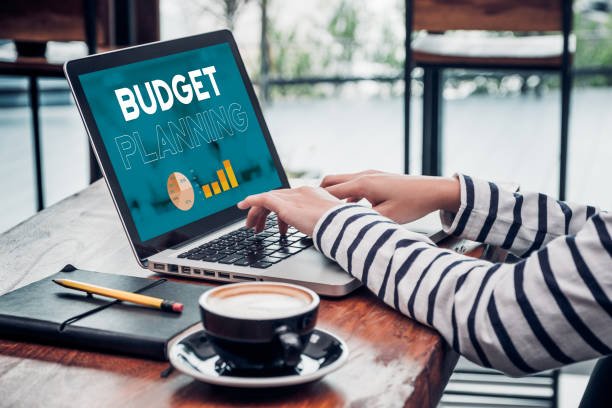

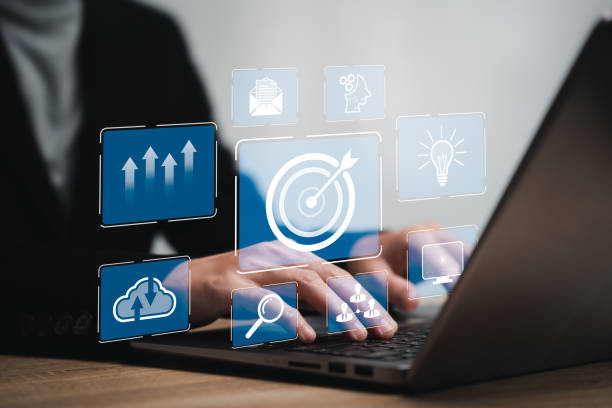



.jpg)



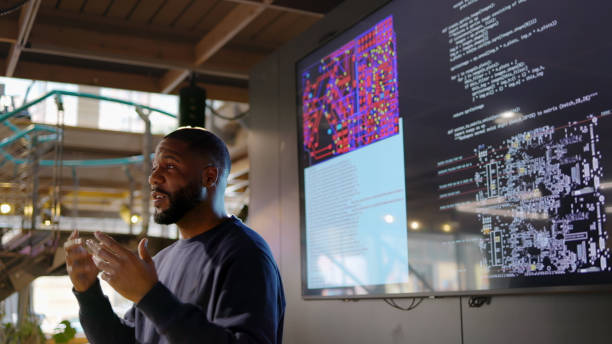

_11zon.jpg)
